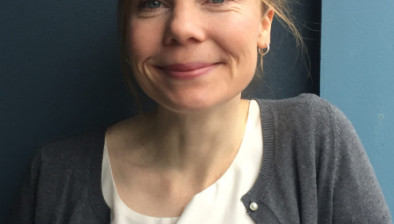Hogan Lovells welcomes commitment to publication of Mother and Baby Homes report

Faye Jarvis
As part of its pro bono advisory work for the CLANN Project, a joint initiative with Adoption Rights Alliance (ARA) and JFM Research, Hogan Lovells has welcomed the Irish Government’s announcement on access to information for those affected by historical abuses in the Mother and Baby Homes in Ireland.
The Commission of Investigation is due to deliver its final report to government today examining what happened in the homes.
Between 1922 and 1998, widespread forced adoptions of children born to single mothers occurred in Ireland, leading to ongoing severe and unnecessary harm to many affected families.
Hogan Lovells supported ARA and JFM Research to prepare the CLANN Report for submission to the commission.
Faye Jarvis, partner lead for the CLANN project said: “We welcome this opportunity for Ireland to establish a transparent and inclusive approach based on protecting human rights, and acknowledging and documenting the history of institutional and gender-related abuse. We look forward to the full publication of the report soon.
“We are particularly pleased to see the government accept a recommendation in the CLANN Report to establish, on a national basis, an archive of records related to institutional trauma during the 20th century, which will include archiving relevant records anonymised as necessary and witness testimony voluntarily deposited by survivors and other stakeholders.”
Eduardo Ustaran, partner in the global regulatory practice at Hogan Lovells and co-head of its global privacy and cybersecurity practice, added: “If there is an instance where the right of access under the GDPR serves a purpose that is intrinsically linked to the fundamental right to data protection, this is it.
“Knowing your own identity is at the root of what the law envisaged, so it is essential that Member States’ legal frameworks are devised and interpreted in a way that allow that to be the case. Any exemptions or restrictions to the right of access must be compatible with the fact that this right stems from the Charter of Fundamental Rights and that the GDPR sets out strict boundaries for any such restrictions. “
Dr Maeve O’Rourke, lecturer in human rights at the National University of Ireland and Co-Director of the CLANN project said: “We are indebted to Hogan Lovells for their dedicated and expert pro bono assistance to date. Gathering the evidence of what occurred in Ireland’s 20th century system of forced family separation, and of the continuing impact of secrecy on those already profoundly failed by State and society, has been vital to our ability to advocate for a human rights-based response.”









